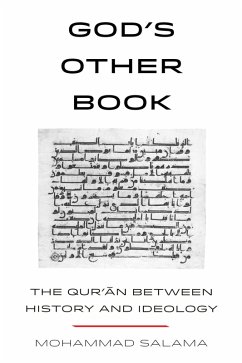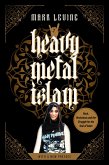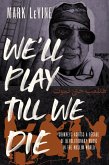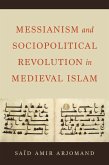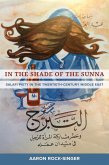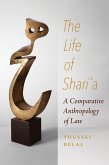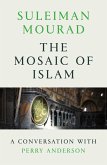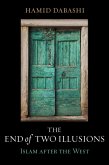A free ebook version of this title is available through Luminos, University of California Press's Open Access publishing program. Visit www.luminosoa.org to learn more. In God's Other Book, Mohammad Salama presents a powerful critique of the ways we study and analyze early Islam and its sacred text, filling a glaring hole in our understanding of this formative environment. Interrogating the ideological framework of late antiquity, Salama exposes hidden assumptions that prevent scholars from truly placing Islam in its sociohistorical and cultural milieu. He offers an alternative theoretical and practical model focused on pre-Islamic Arabic cultural production. Foregrounding the indigenous Arab community of seventh-century Hijaz, Salama demonstrates how the Qur'an played an organic role in commenting on, interacting with, and taking sides concerning matters of ethnicity, ethics, dress codes, and social habits. Only with renewed attention to the Qur'an itself can Western readers engage ethically with Islamic studies and with the cultures and traditions of those who live according to another book.
Dieser Download kann aus rechtlichen Gründen nur mit Rechnungsadresse in A, D ausgeliefert werden.

